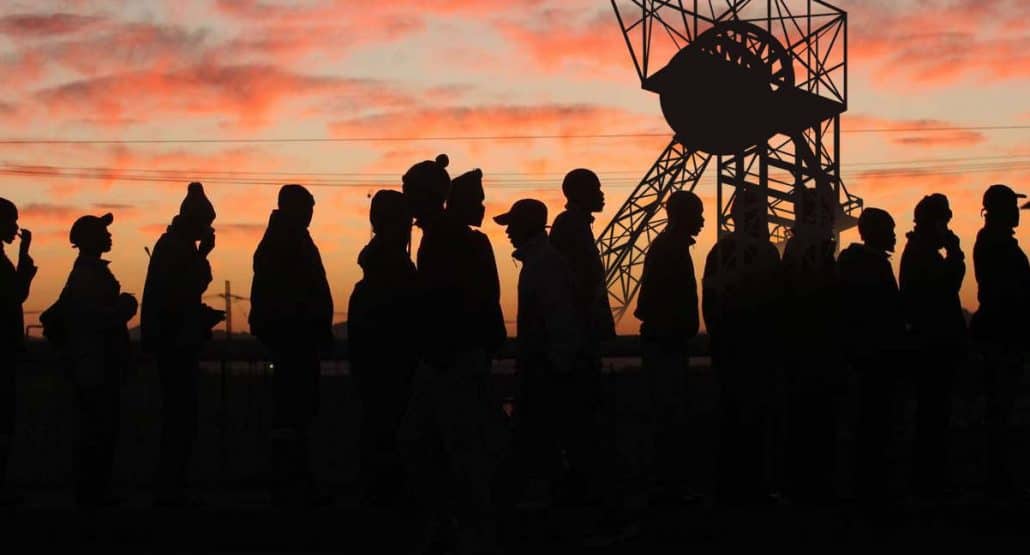Corruption Watch has been part of a global research initiative into risks and vulnerabilities in the mining application process – when mining licenses, contracts and permits are awarded – which give rise to corruption. The initiative, called Mining For Sustainable Development, is driven by Transparency International (TI) and aims to strengthen transparency and accountability in this stage of mining operations, and to positively influence best practices in the mining sector. The programme will initially run over five years, and in two phases.
TI chapters in 20 countries have participated, and tomorrow, 10 October, we launch South Africa’s contribution. This will also appear in the global document that will be published by TI in November, and which constitutes phase 1 of the programme. Participating countries include:
- In Africa: South Africa, Mozambique, Zimbabwe, Zambia, Kenya, Liberia, Sierra Leone, DRC, Niger.
- In South America: Chile, Peru, Colombia, Guatemala.
- Rest of the world: Cambodia, Papua New Guinea, Mongolia, Armenia, Canada, Australia.
South Africa has an abundance of mineral resources, which translates into a substantial mining industry and a direct source of foreign investment. However, pervasive corruption in the industry means that the potential benefits of this natural bounty are not shared equally by all, and communities who live close to mines often find that not only have they been swindled out of those benefits, but their health and livelihoods have suffered too.
Much of the corruption in mining happens at the start of the application process, where communities are excluded from negotiations and shady deals are set up on their behalf, often without their knowledge.
Our research identified numerous vulnerabilities in the mining application process, but this gave us the chance to make various recommendations to communities, civil society, mining companies and government, who are all key players in the process.
Don’t miss our new and insightful research into this important topic which so deeply affects not only South Africa’s economy but its people too.

